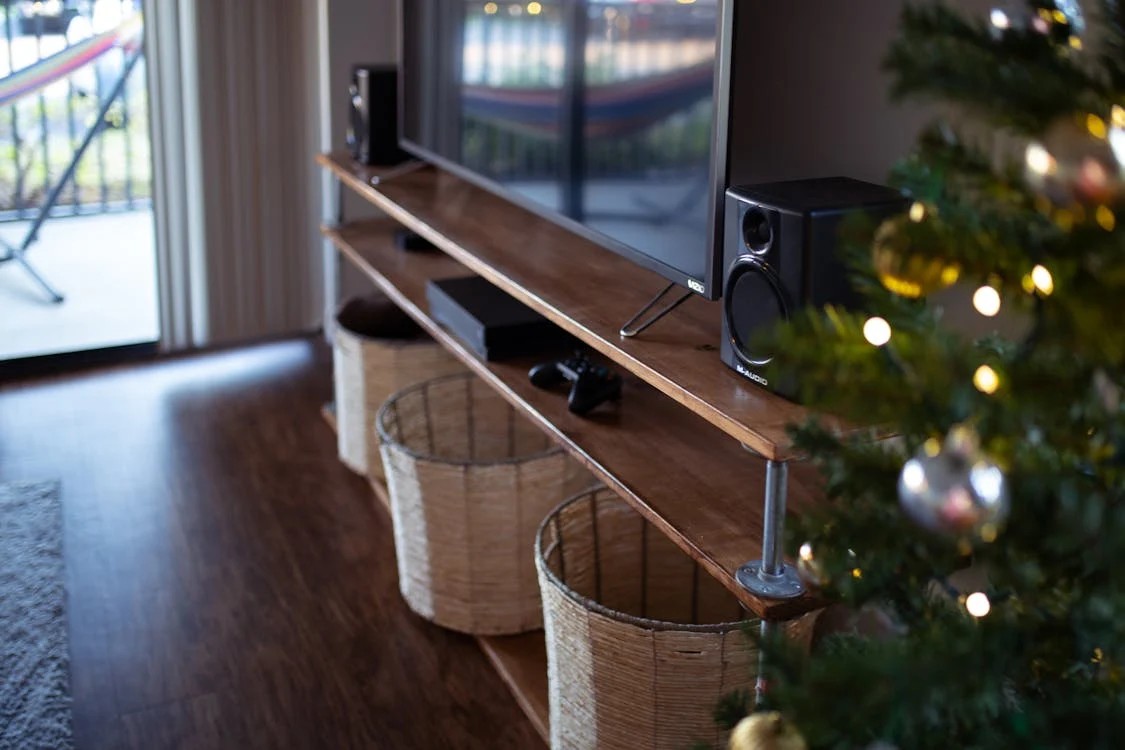
When shopping for speakers or any audio device, one of the most frequently noted specifications, is wattage. But what does it actually mean, and how much wattage is “good” for your specific setup?
The truth is, the answer depends on your personal preferences, the intended use of the speakers, and your listening environment. Let’s break it down so you can find the perfect match for your audio needs whether that be a radio, headphones or even a soundbar.
What is Wattage, Really?
Wattage, measured in watts (W), is the amount of power a speaker can handle or produce. A higher wattage speaker can generally deliver louder sounds without distortion. However, louder doesn't always mean better. High wattage is only useful if you need it. Like in large spaces or for specific sound clarity at high volume.
Peak VS. RMS Wattage
- Peak Wattage: The Maximum power a speaker can handle in short bursts
- RMS Wattage: The consistent power level a speaker can handle over time. This is the better indicator of everyday performance.
For example, a soundbar rated at 50W RMS and 100W peak is ideal for most small-to-medium living rooms, delivering clear and consistent sound without distortion
How Much Wattage Do You Need?
Your ideal wattage depends on how and where you’ll use the speakers.
1. Casual listening (10-50w)
Best for: People who want simple audio for background music, podcasts, or radio.
Examples: Small Bluetooth speakers for the kitchen or a basic tabletop radio.
Why it works: Low wattage provides clear sound for everyday use without unnecessary expense.
2. Home Entertainment (50-150w)
Best for: Movie enthusiasts, gamers, or music lovers who want immersive sound in a small to medium-sized space.
Examples: TV soundbars, bookshelf speakers, or gaming speaker setups.
Why it works: Medium wattage offers a good balance of clarity and volume, perfect for most home environments.
3. Party or Large Room Speakers (150-300w)
Best for: Anyone hosting events, gatherings, or needing to fill a large space with sound.
Examples: Portable party speakers, outdoor audio systems, or sound setups for large living rooms.
Why it works: High wattage delivers powerful, distortion-free audio that carries across bigger areas.
More Than Just Wattage
While wattage is important, it's not the sole factor determining sound quality. Consider:
- Speaker Sensitivity: Measures how efficiently speakers convert power into sound (measured in dB). High-sensitivity speakers need less wattage to produce loud sound.
- Frequency Response: Indicates how well a speaker can reproduce different sound ranges (bass, mids, treble).
- Speaker Build Quality: High-end materials and engineering often matter more than wattage when it comes to overall sound fidelity.
Room Acoustics: Hidden Factor in Sound Quality
The shape, size and furnishings of your room play a significant role in how sound is perceived.
Hard surfaces like bare walls, tile floors or large windows can all reflect sound, leading to echoes and uneven audio.
Soft furnishings such as rugs, curtains and upholstered furniture absorb sound, reducing echoing and creating a warmer, more balanced tone.
The size of your room plays a key factor. Small spaces may amplify bass frequencies whilst larger rooms can diffuse sound, requiring more powerful speakers for full coverage.
Find the Right Fit for Your Audio Goals
If you’re after convenience and affordability, low-wattage speakers for casual listening are perfect.
For a richer home entertainment experience, medium-wattage speakers offer the ideal balance.
Need to power a party? Opt for higher wattage for clear, impactful sound at higher volumes.
And if you’re a true audiophile, consider investing in high-wattage systems with premium components for unparalleled performance.
Ultimately, the “best” speaker wattage is the one that suits your preferences, space, and budget. By understanding these key factors, you can confidently choose the setup that’s right for you.